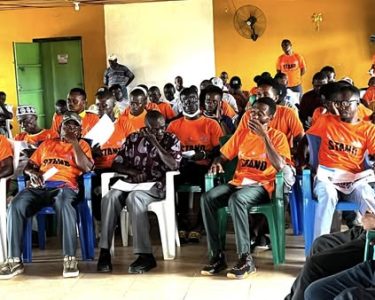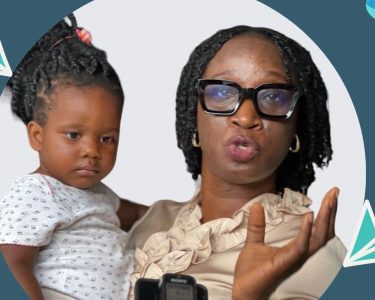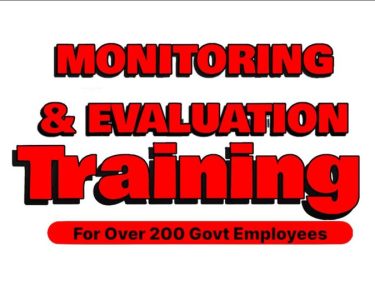The Ministry of Gender, Children, and Social Protection recently concluded a crucial validation workshop for the combined 9th and 10th Periodic State Party Report on the UN Convention on the Elimination of All Forms of Discrimination Against Women (CEDAW). Spanning two intense days, the workshop was aimed at gathering insights and inputs from various line ministries and agencies to ensure a comprehensive and inclusive report.
Held in the Ministry’s conference room, representatives from diverse sectors assembled around a large oval table, each bringing their perspectives and insights on the critical issues outlined in the report. The atmosphere was charged with anticipation and determination to finalize the long-awaited CEDAW reports.
Participants included civil society actors, government representatives, and consultant Prof. Weade Kobbah Boley, all unified by their commitment to gender equality. Prof. Kobbah Boley opened the workshop with a poignant reminder of the convention’s importance and the transformative power of collaborative action. This report isn’t just about compliance,” she emphasized, her voice carrying a blend of urgency and hope, “it’s about the lives of millions of women and girls who deserve to be heard and protected.”
The ensuing discussions were intense yet constructive, with each sector highlighting strides made in reducing gender disparities within Liberian society.
As the workshop progressed, occasional tensions arose over conflicting priorities and resource constraints. Nevertheless, each disagreement prompted a renewed commitment to find common ground, particularly in the call for amendments to strengthen laws against domestic violence.
By the workshop’s conclusion, a draft report began to take shape—a testament to the collective efforts and unwavering dedication of all participants.
Prof. Kobbah Boley addressed the group once more, her eyes scanning the room with pride. “This report is not just a document,” she declared, “it’s a promise to uphold the rights of every woman and girl, without exception.”
The validation wasn’t merely bureaucratic; it reaffirmed the voices heard and lives touched by the process.
MoGCSP
CEDAW
Communication Unit





